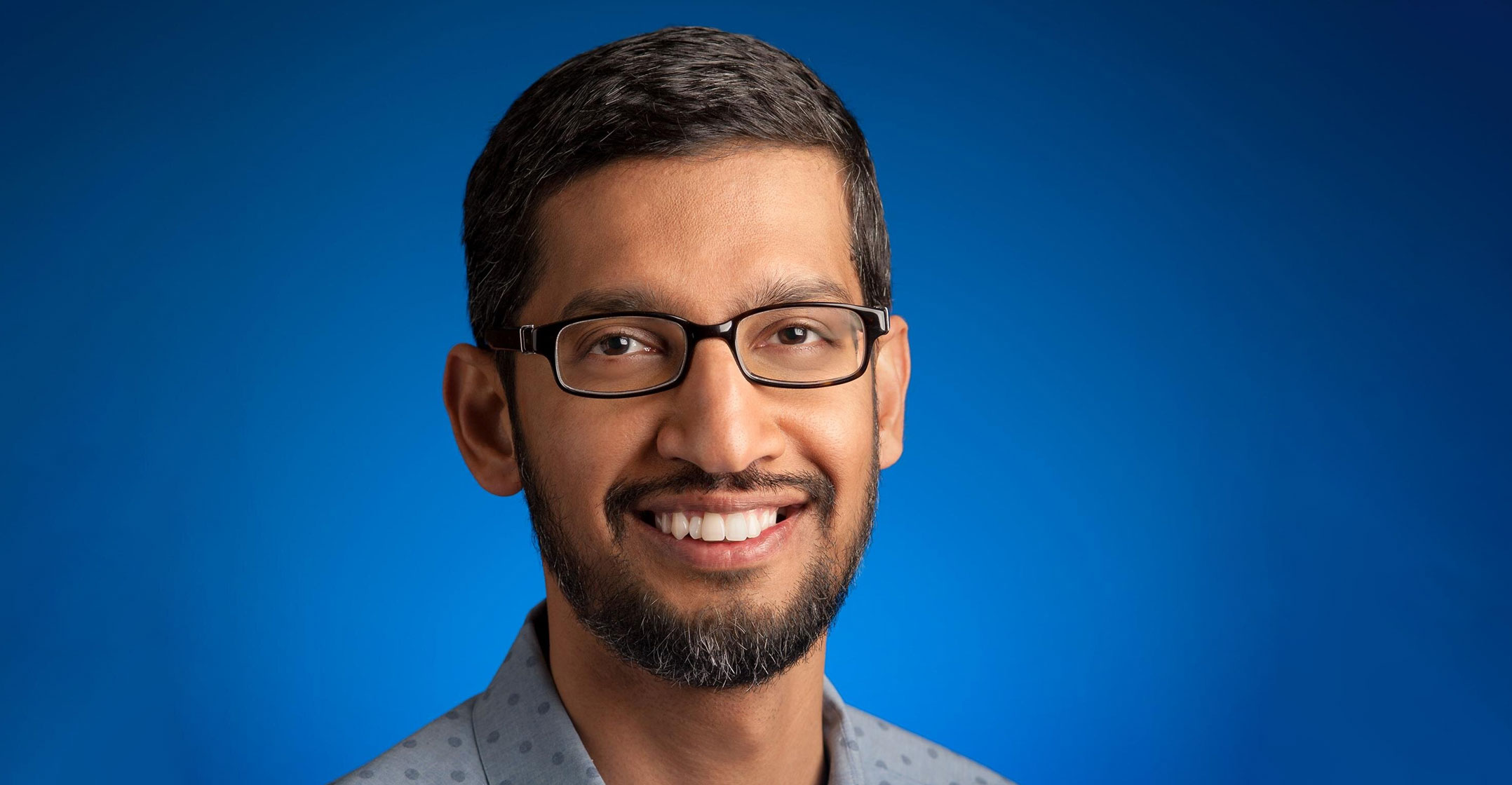
Midway through Tuesday’s US congressional hearing on Google, Ted Poe, a Texas Republican, held up his iPhone. He asked CEO Sundar Pichai what would happen if Poe walked over to the Democrats sitting across the aisle.
“Does Google track my movement? Does Google, through this phone, know that I have moved over to the left?” Poe asked. When Pichai hesitated, Poe raised his voice. “It’s either yes or no!” he barked.
“I wouldn’t be able to answer without knowing more details, sir,” Pichai replied.
That was among the most telling exchanges in three hours of house judiciary committee testimony that showed how uncomfortable lawmakers are with the volume of user data Google and other Internet companies collect.
Pichai fielded a range of queries: on the political slants of his staff and algorithms; on Chinese censorship and surveillance; and “Frazzledrip”, a conspiracy theory about Hillary Clinton spread on YouTube. Many failed to stick and the deferential, soft-spoken CEO avoided costly blunders in his first appearance in front of congress.
But the hearing’s focus on Google’s information hoard is a risk for the world’s largest Internet company as Democrats prepare to take control of the House next month. Lawmakers from both parties returned again and again to the ways Google collects data from mobile phones, Web browsers and the real world, and how users often aren’t aware of the scope of this digital dragnet.
David Cicilline, a Democrat from Rhode Island on the committee, told Bloomberg TV after the hearing that the US needs “legislation or regulations that make it clear that data belongs to the consumer”.
‘Full control’
“They ought to have full control of what happens to their data” and be able to grant consent to third-party access to the information, said Cicilline, who’s expected to take over an antitrust subcommittee next year. The power of large tech companies “is a really important issue that we’re going to get to in the judiciary committee,” he added.
If interrogation turns into action in the form of regulation, Google may be left with less information to power its online advertising businesses.
“This is an issue of them using personal data to monopolise ad markets,” said Matt Stoller, a director at the Open Markets Institute who has called for an antitrust crackdown on Google.
 Limits on Google’s control of so much data would be a blow, while the company is more likely to accept new privacy rules that apply to all companies because that wouldn’t threaten the company’s lead in the digital ad market, Stoller added.
Limits on Google’s control of so much data would be a blow, while the company is more likely to accept new privacy rules that apply to all companies because that wouldn’t threaten the company’s lead in the digital ad market, Stoller added.
Indeed, Pichai said Google supports new federal privacy laws, even those akin to Europe’s General Data Protection Regulation, which is considered relatively strict. “As we consider privacy legislation, I think it’s important we give location protection for our users,” Pichai said. “As a company, we want to lead the way.”
In his exchange with Poe, Pichai likely demurred because of a loophole. Some Google services do collect location information with precise granularity, but not if a user has opted out. Some apps also require opt-ins, and Google’s apps aren’t automatically installed on iPhones — so Poe’s handset may not have allowed Google to track the politician’s movements.
Still, other lawmakers probed in similar areas. Republican Bob Goodlatte, chairman of the house judiciary committee, asked how much personal information Google absorbs via its Android mobile software.
Pichai stressed that users opt in to certain data-tracking features, giving the example of fitness apps that measure steps. However, the CEO did not directly respond to a question about whether Android device users fully understand the terms of the operating system.
“Beyond the terms of service … we remind users to do a privacy check-up,” he said. “And we make it very obvious.” Pichai noted that 160 million individuals had checked their privacy settings in the last month.
Still, many lawmakers seemed unsatisfied with Pichai’s responses about what options Google gives users, and the CEO conceded that the company can do more to make it easier for consumers to control what data is collected on them. — Reported by Mark Bergen and Ben Brody, with assistance from Emily Chang and Candy Cheng, (c) 2018 Bloomberg LP

